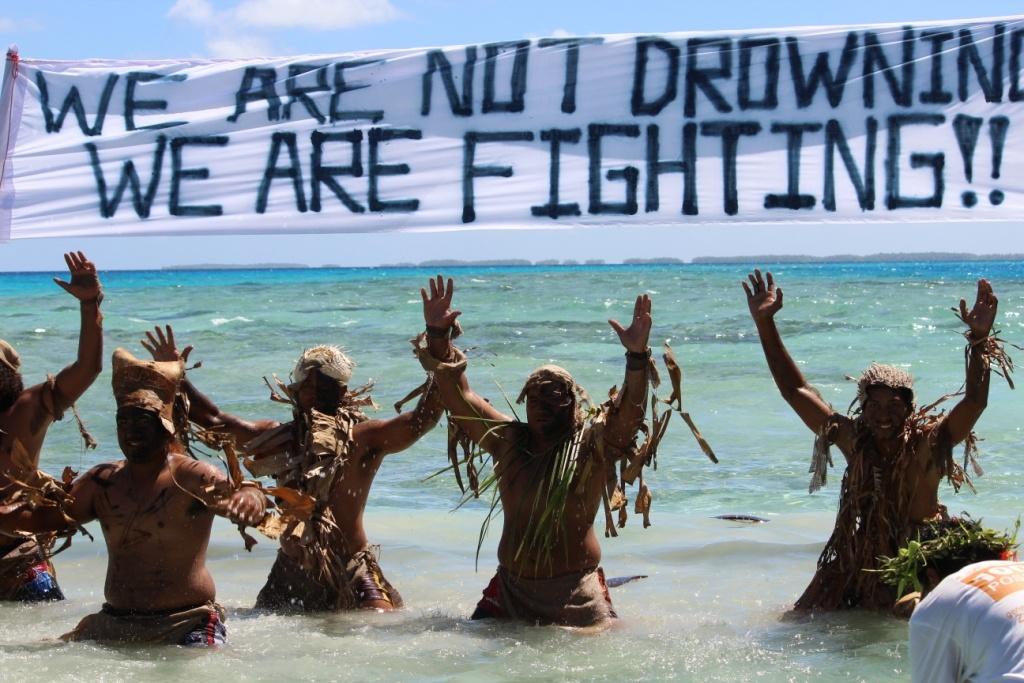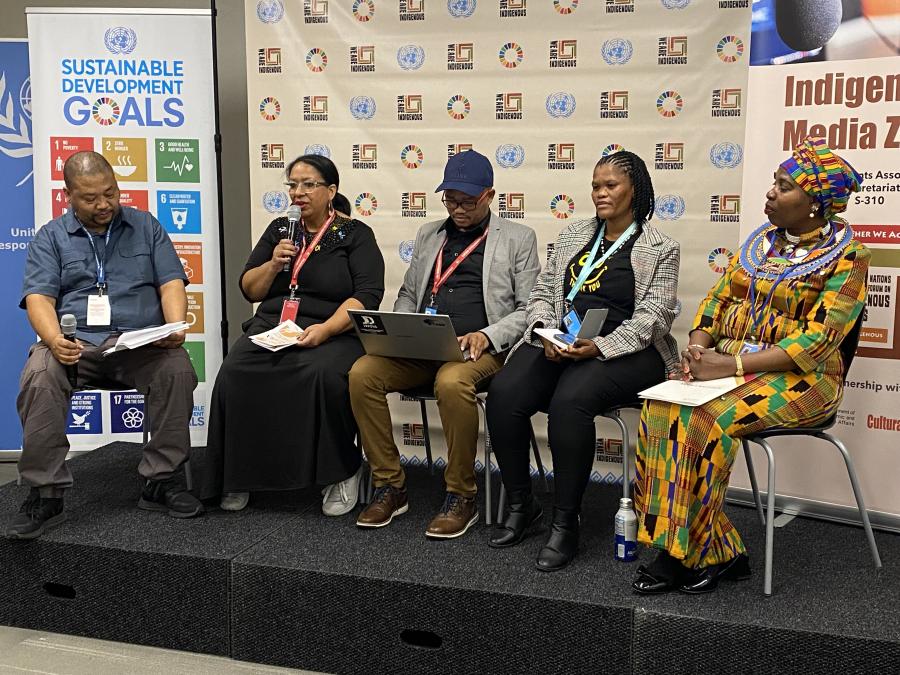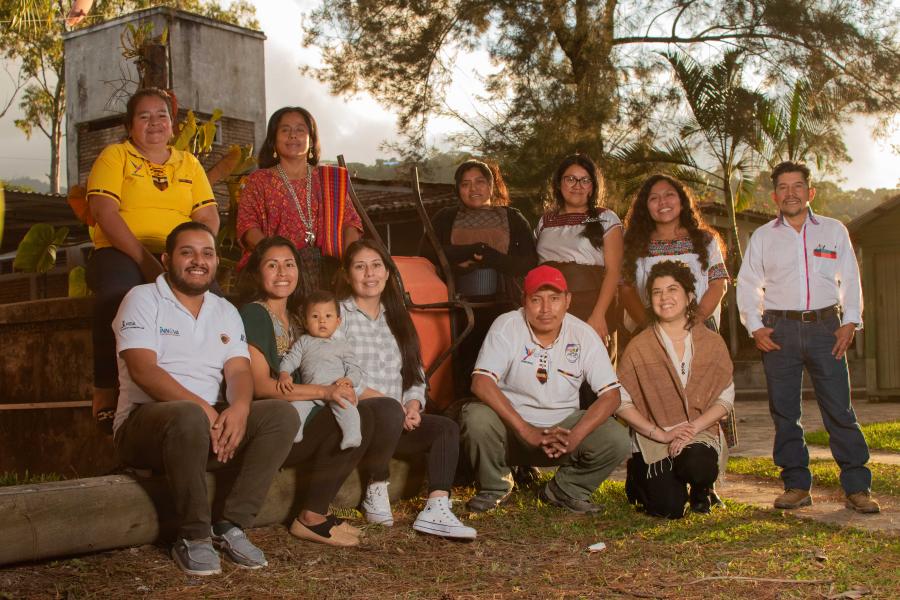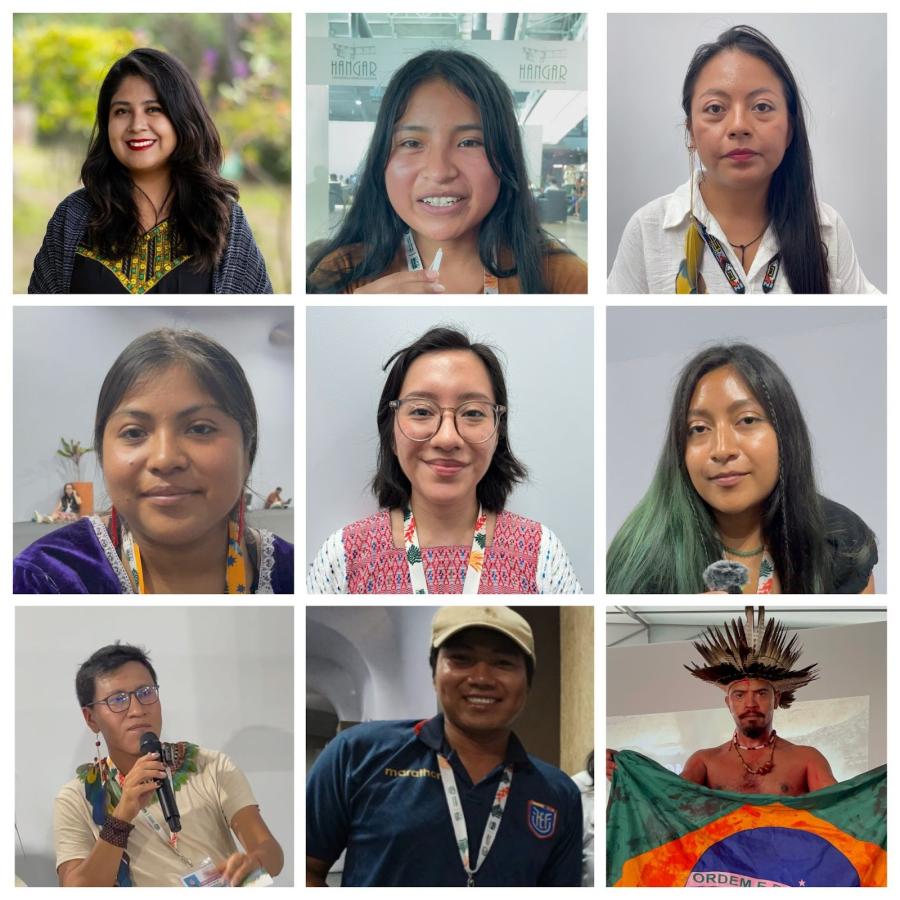
By Madeline McGill
Climate change impacts people everywhere. Rising temperatures and sea levels are only some of the many ways that carbon emissions and other forms of pollution are affecting the planet.
Some countries are combating the ramifications of climate change better than others. After years of reliance, curbing a nation’s dependency on fossil fuels takes time. However, for many Pacific Islanders, time is a luxury they cannot afford.
Due to their small size, low elevation, and remote locations, many Pacific nations are combating rising sea levels, rising saltwater tables, increased storm activity and drier climate conditions as a direct result of climate change. It is because of this that Germanwatch’s Global Climate Risk Index of 2014 lists Pacific nations within the 10 most vulnerable in the world to the impacts of climate change.
The New Agriculturalist states that a temperature rise of 2-4 degrees Celsius could inflict up to $1 billion in damages to New Guinea alone. The Asian Development Bank’s The Economics of Climate Change in the Pacific further argues that the region is estimated to require $447 million per year until 2050 to deal with losses to GDP.
However, Pacific Islanders are not drowning. They’re fighting.
/
Warriors of the Pacific are rising to peacefully defend the Pacific Islands from further damage. Joining with the global climate change movement 350.org, 350 Pacific is a movement of people from different backgrounds uniting together for a common purpose: to stop climate change in its tracks.
This October, climate warriors from 12 different Pacific nations launched a successful campaign in Australia to voice their concerns against the lack of response from Australia’s government in regard to coal exports.
According to The World Coal Association, Australia is within the top five coal producers in the world as of 2013. Additionally, the Minerals Council of Australia lists coal as the countries second largest export. This, combined with nine proposed “mega coal mines” in Queensland’s Galilee Basin, is a serious concern for Pacific Islanders and some of Australia’s residents.
Pacific climate warriors responded to this proposed expansion in a manner appropriate for the urgency climate change poses to Pacific Islands. On October 17th, in traditional canoes built over the last year in their homelands, they set out to block coal shipments for a day at Newcastle coal port.
“We traveled to Newcastle to highlight the impact of climate change, to share our stories with the rest of the world,” said climate warrior Arianne Kassman. “Hopefully I get Australia to reconsider their commitment to expanding the fossil fuel industry.”
The port at Newcastle is the largest in the world, in 2013 the port reached a record of 150.5 million tonnes in coal exports, a 12.5 percent increase from the previous year. It is this location that climate warriors deemed appropriate for a daylong flotilla, aimed at halting the ship’s export schedule and sending a peaceful, and powerful, message.
“We achieved a lot, we achieved the spirit of the people,” said climate warrior Mikaele Maiava. “To the information that we got, there’s about 8 to 10 coal ships that did not go through that port. It’s a beautiful feeling. It’s amazing.”
Five traditional canoes built on the warrior’s Islands led the flotilla, backed by hundreds of Australian’s in canoes in Kayaks. The day began with a welcome ceremony before warriors and activists launched from 10a-5p in attempt to stop the movement of coal ships for the entire day.
After this bold action was completed, climate warriors began a tour of the country to demonstrate the impacts of climate change to Australian residents on an individual level. October 17th- 23rd , 2014, warriors visited Brisbane River for an additional Flotilla, Canberra, Perth, Melbourne, Sydney and Brisbane.
In the five years that 350 Pacific has been convened, the need for a permanent solution to the ever-mounting issues of climate change has become paramount. For example, in March the Marshall Islands declared a state of emergency after severe flooding. From this, over 1,000 people were forced to evacuate. Such events have become more frequent in the Islands, which average only 2 meters above sea level.
It is through stories such as these, which are unfortunately not unique, that the warriors aimed to use to raise awareness on their tour across Australia. Warriors hoped that by showing people that climate change is happening now, and not in the future, they could encourage more people to take a stand with the threatened Islands.
“Climate change is real, and we’re here to bring that message across that we live the realities of climate change,” said climate warrior George Nacewa. “We speak different languages and come from different cultures, but we are connected to the land and we are connected by the ocean.”



